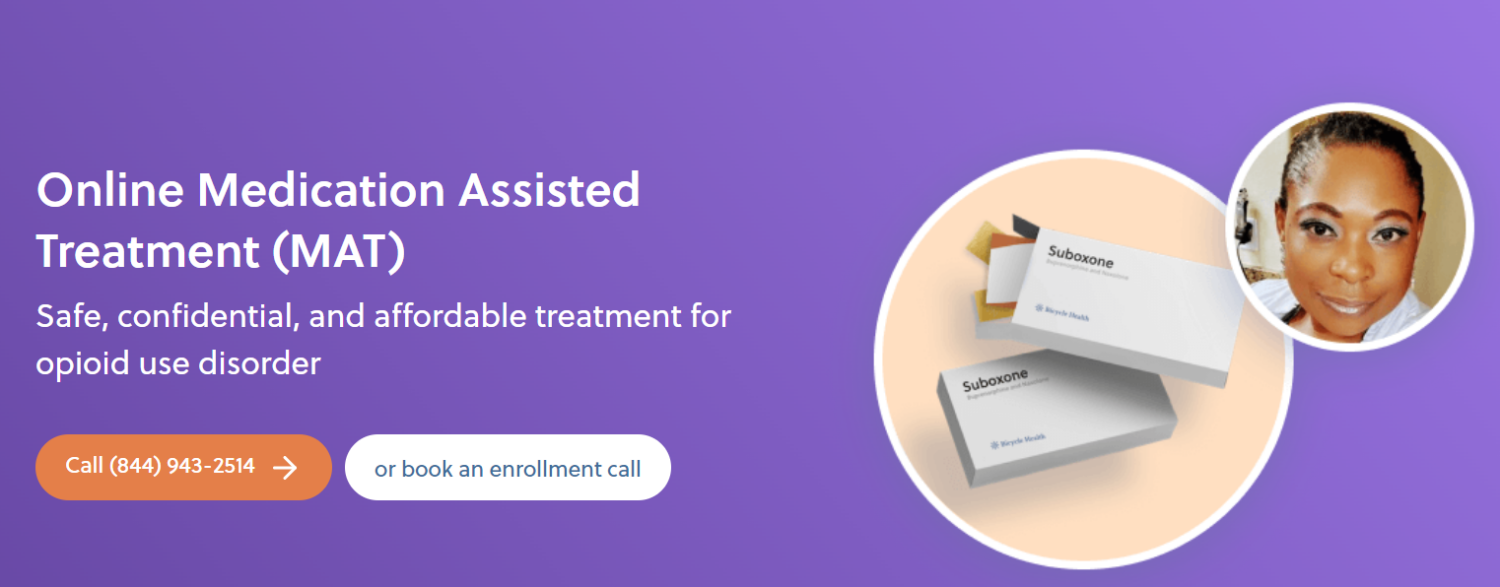
What You Should Know:
– A staggering 100% of patients believe that telemedicine-supported Medication-Assisted Treatment (MAT) should remain available even after the pandemic comes to an end, according to new findings from a survey conducted by Bicycle Health.
– The comprehensive survey studied over 900 patients suffering from opioid use disorder (OUD), and their attitudes about critical topics like recovery, telehealth, and stigma.
Opioid Use Disorder: A Deadly American Crisis
OUD is one of the most urgent health crises of our time, with an estimated 10.1 million people misusing opioids in the year 2019. As the epidemic continues to increase in severity, cost and access were revealed as the biggest blockers of recovery – but telemedicine makes it available and accessible to more people. According to the findings, close to 40% of respondents report that affordability is the biggest barrier to joining an opioid recovery program, while 29% say that not finding a program they like, trust, or is located in their area is standing in their way.
When it comes to stigma against opioids and those with OUD, most respondents don’t believe they are treated differently at work or school because of their OUD – but they do believe pursuing recovery can impact their career or education success. Over 65% of respondents started recovery because they wanted to succeed professionally, but close to half of the respondents still do not feel comfortable sharing with coworkers, schoolmates, or their managers when they use work or school time for recovery-related activities. And while the world catches up to the possibility of recovery and the realities of OUD, sentiment about setbacks and the crisis overall has room to evolve. Close to a quarter of respondents have experienced relapse – and while 58% said it made them more determined to fulfill their goals, 30% reported feeling less hopeful about potential recovery.
Access
– 77% say that the pandemic has not made maintaining or achieving recovery more difficult – in fact, 42% say it has made it easier.
Stigma
– Close to 70% of respondents haven’t shared their struggles with OUD with people at work or school; that said, 40% of them don’t believe people at work or school treat them differently because of OUD.
However, a fifth of respondents believes they have missed out on opportunities at school or work because of their OUD.
Recovery
– 95% of respondents describe their overall outlook on recovery as positive; just 1% describe it as negative.
– 76% of respondents report having a strong support system to help navigate treatment.
– While 43% of respondents returned to treatment immediately after relapse, 34% took over 3 months to start over.
– A plurality of respondents (30%) blame individuals for the opioid crisis (over drug companies, doctors, and the government).
Opioids and the Healthcare System
– 42% of respondents do not feel comfortable discussing OUD treatment options with their primary care physician – and 90% say they found their current treatment program without help from their doctor.
“Over 10 million people misuse opioids each year, yet extreme stigma, lack of accessibility, and the cost of treatment prevent them from reaching recovery,” said Ankit Gupta, CEO and founder of Bicycle Health. “It’s critical that we as a society not only provide better treatment options that fit into the daily lives of those suffering – but also that we are shifting the cultural conversation around who uses opioids and how they recover.”
